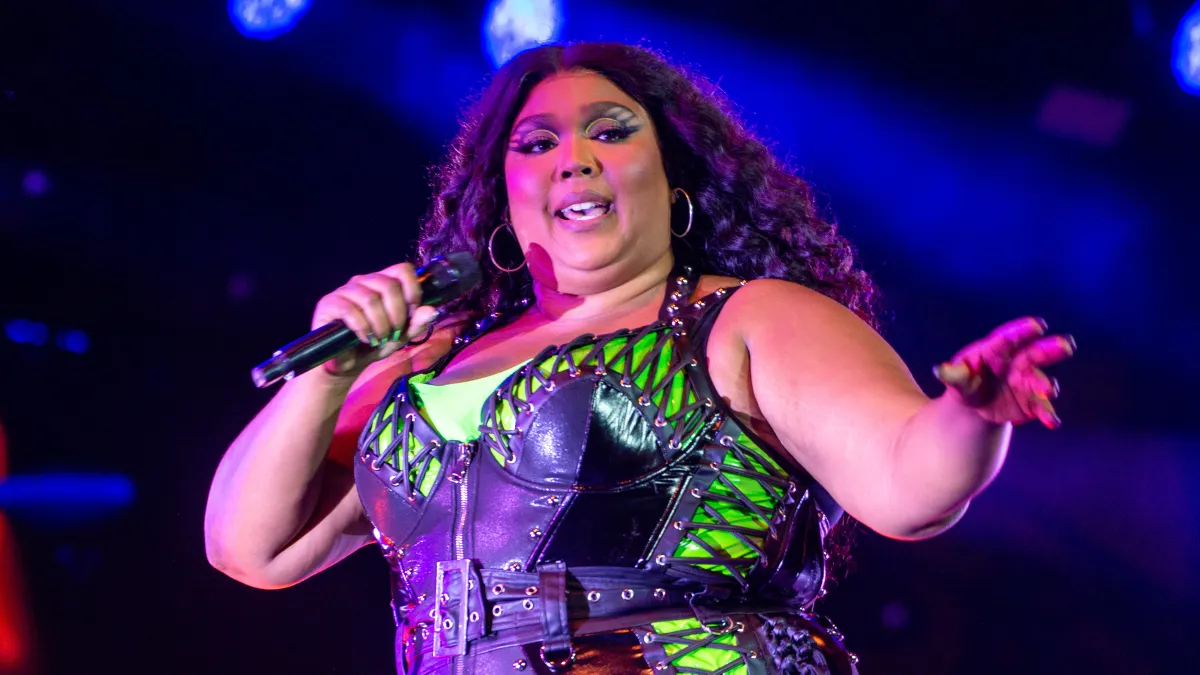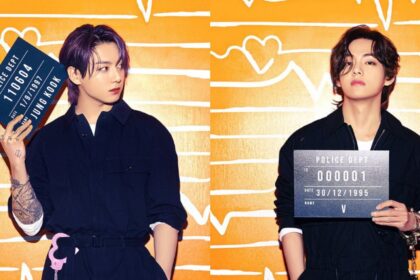Lizzo, the popular pop icon, is finding herself embroiled in a legal battle that has taken a contentious turn. The singer’s former backup dancers—Crystal Williams, Noelle Rodriguez, and Arianna Davis—are currently suing her for allegations of sexual harassment. In response, Lizzo’s plans to file a countersuit have been met with strong criticism from the plaintiffs, who denounce it as an “insidious attempt at intimidation.”
The lawsuit against Lizzo is multifaceted, accusing her of both sexual and racial harassment, as well as creating an environment rife with hostility. The plaintiffs claim that during a European tour spanning February and March, the celebrated plus-sized artist allegedly coerced them into participating in degrading performances of a sexual nature.
However, Lizzo has vehemently denied these allegations. She refutes accusations that she pressured her former dancers to partake in inappropriate activities involving nude performers at an Amsterdam club. Moreover, allegations of weight shaming have been categorically rejected by the pop sensation.
Lizzo’s attorney, Martin Singer, recently revealed the singer’s intention to launch a countersuit, specifically claiming malicious prosecution in response to the initial lawsuit.
In a notable response, Ron Zambrano, the legal representative for the three accusers, provided a statement to Daily Mail, asserting, “Lizzo’s threat to countersue for malicious prosecution is an insidious attempt at intimidation and delivers a chilling effect to all harassment victims in the workplace.”
The legal representatives further elaborated that Lizzo’s proposed countersuit raises concerns about the potential ramifications for individuals contemplating sharing their own experiences. Such a move, they contend, could deter these individuals from coming forward and subject them to additional distress, echoing the complex dynamics often witnessed within the entertainment industry.
As the legal battle continues to unfold, the clash between Lizzo and her former backup dancers underscores the intricate and sensitive nature of harassment allegations, bringing to the forefront important conversations about accountability and workplace dynamics.




